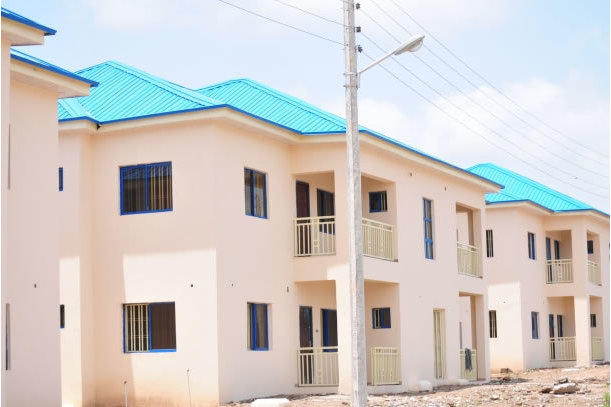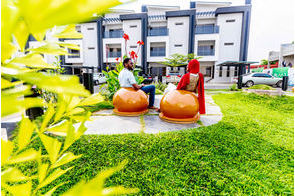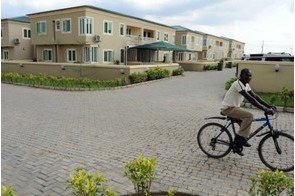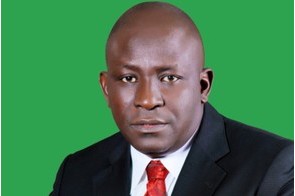AfDB approves $40 million loan for South African housing company

Summary
Housing Investment Partners Trust aims to provide over 4,000 affordable mortgages to lower-middle income earners.
The African Development Bank has approved a 570 million rand (about $40 million) loan for Housing Investment Partners Trust (HIP 2), a South African housing investment fund, to help finance affordable housing in the country.
The Abidjan-based multilateral institution said the loan aims to improve access to long-term affordable housing finance to South Africa’s lower-middle income earners, who currently have limited opportunities to access affordable mortgages. With the AfDB’s financing, the HIP 2 has now raised 1.82 billion rand (about $128 million) from other financiers including National Housing Finance Company, Old Mutual Group, and Futuregrowth Asset Management, according to a statement released on Wednesday.
“The approved intervention will assist HIP 2 in expanding and deepening South Africa’s housing finance sector and encourage orderly urban development for the provision of basic utilities such as water, sanitation, roads and electricity,” said Stefan Nalletamby, AfDB’s Acting Vice President for Infrastructure. “In this respect, it will improve the lives of South Africans whilst also assisting in creating new employment opportunities.”
Even though South Africa is one of the most developed economies in Africa, the country still faces severe shortages of affordable housing in its main urban areas – estimated at 3 million units in 2014. The AfDB said this has resulted in more than 2,600 informal settlements springing up around 70 of the country’s major urban areas, making it very difficult for the government to reduce inequality and achieve inclusive growth targets.
The HIP 2 aims to provide over 4,000 affordable mortgages to South Africa’s lower-middle income earners. The fund will generate other significant benefits including moving 2,500 to 6,500 people out of informal settlements and create about 3,250 permanent jobs mainly for the youths.
“This is an excellent example of how we can intervene in middle income countries, such as South Africa, with developed financial systems where we generate impact through private sector on the quality of life of lower middle income earners in a sustainable manner,” said Stella Kilonzo, the AfDB’s Head of Financial Markets Division. “It opens up opportunities for the Bank to intervene in the sub sovereign debt markets and offer policy solutions on urbanization. This is hugely important given the fact that, at 3.4%, Africa’s urbanization rate is the fastest globally.”
Related
-
Community living
The question that homebuyers and investors should be asking is whether communal living is a trend that is both commercially ...
-
Buhari and the housing hope of Nigerians
Buhari's government should approach housing, not as a brick-and-mortar problem, but as a system.
-
Impacts of FMBN on housing delivery in Adamawa State
FMBN has contributed to the creation of no less than 8,500 jobs in Adamawa State.







